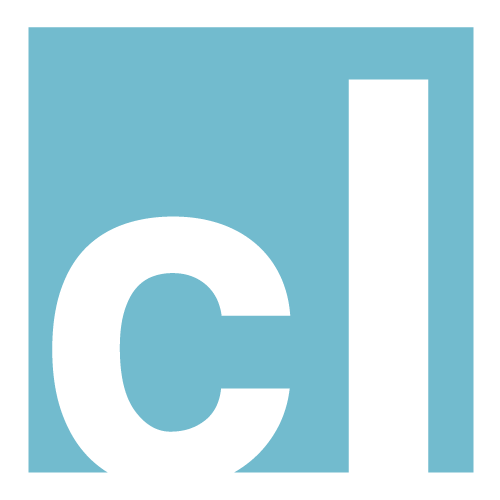Introduction
Journaling tools for student assignments are diverse in format and purpose, serving as critical resources across educational settings. Journal writing enhances student teachers’ reflectivity during field experience placements in teacher education, providing a structured method for introspection and professional growth (Bain et al., 1999). In language education, especially for L2 learners, journal prompts stimulate writing and language development, offering essential support to students struggling with idea generation (Majchrzak & Ostrogska, 2022). Journals in distance education courses enable faculty and students to reflect on instructional methods and learning outcomes, yielding valuable insights for pedagogical improvement (Mimbs, 2017). Additionally, journal writing promotes language fluency, critical thinking, and communication skills without the pressure of formal evaluation, benefiting both L1 and L2 students by fostering proficiency and reflective abilities (Casanave, 2023). In undergraduate research, journaling is both a formative and summative assessment tool, effectively tracking student progress and informing grading decisions.
Journaling tool
This journaling tool is designed to help students document and reflect on their process when completing assignments. By regularly recording their experiences, students can track their progress, identify challenges, and learn from their efforts. This tool is structured to guide students through each phase of their assignments, from initial planning to final reflection.
Journaling Template
1. Assignment Overview
Assignment Title:
Due Date:
Description: Briefly describe the assignment and its objectives.
Initial Thoughts: What are your initial thoughts and feelings about this assignment?
2. Expectations
Personal Goals: What do you hope to achieve with this assignment? (e.g., specific skills, knowledge, grades)
Facilitator (Instructor)’s Expectations: What has the instructor outlined critical expectations for this assignment?
Team/Peer Expectations (if applicable): What do your peers or team members expect from you?
3. Planning
Resources Needed: List the resources you will need (e.g., textbooks, articles, software).
Timeline: Outline a timeline for completing each part of the assignment.
Key Milestones: Identify significant milestones (e.g., research phase, first draft, final review).
4. Execution
Daily/Weekly Log: Record your activities, thoughts, and progress.
Date:
Tasks Completed: What did you work on today/this week?
Challenges Faced: Did you encounter any difficulties? How did you address them?
Successes Achieved: What went well? What are you proud of?
Next Steps: What will you focus on next?
5. Reflection
Outcomes: What were the outcomes of the assignment? (e.g., grades, feedback received)
Goal Achievement: Did you meet your personal goals and the assignment’s objectives? Why or why not?
Lessons Learned: What did you learn from this experience? What would you do differently next time?
Skills Developed: What new skills or knowledge did you gain?
6. Feedback Integration
Instructor Feedback: Summarize any feedback from the instructor.
Peer Feedback: Summarize any feedback from peers or team members.
Self-Evaluation: Reflect on your performance. What are your strengths and areas for improvement?
7. Final Thoughts
Overall Experience: How do you feel about the entire process of completing this assignment?
Future Applications: How can you apply your knowledge to assignments or projects?
Usage Tips
Consistency: Make journaling a regular part of your routine. Update your journal at the end of each study session or week.
Honesty: Be honest in your reflections. Acknowledge both your successes and areas where you can improve.
Detail: Provide as much detail as possible. Specific examples will make your reflections more valuable.
Review: Periodically review your journal entries to track your progress and identify patterns in your work habits and learning process.
Using this journaling tool, students can better understand their learning process, improve their time management and problem-solving skills, and enhance their academic performance.
Sources
Bain, J., Ballantyne, R., Packer, J., & Mills, C. (1999). Using Journal Writing to Enhance Student Teachers’ Reflectivity During Field Experience Placements. Teachers and Teaching, 5, 51–73. https://doi.org/10.1080/1354060990050104
Casanave, C. (2023). A Journal on Student, Teacher, and Researcher Journal Writing. JALT Journal, 45(1), 138. https://doi.org/10.37546/JALTJJ45.1-7
Majchrzak, O., & Ostrogska, P. (2022). Journal writing – students’ voices. Językoznawstwo, 2/17, Article 2/17. https://doi.org/10.25312/2391-5137.17/2022_18ompo
Mimbs, D. (2017). Assessing Aspects of Undergraduate Research Through Journaling. PRIMUS, 27(4–5), 537–547. https://doi.org/10.1080/10511970.2016.1225875
